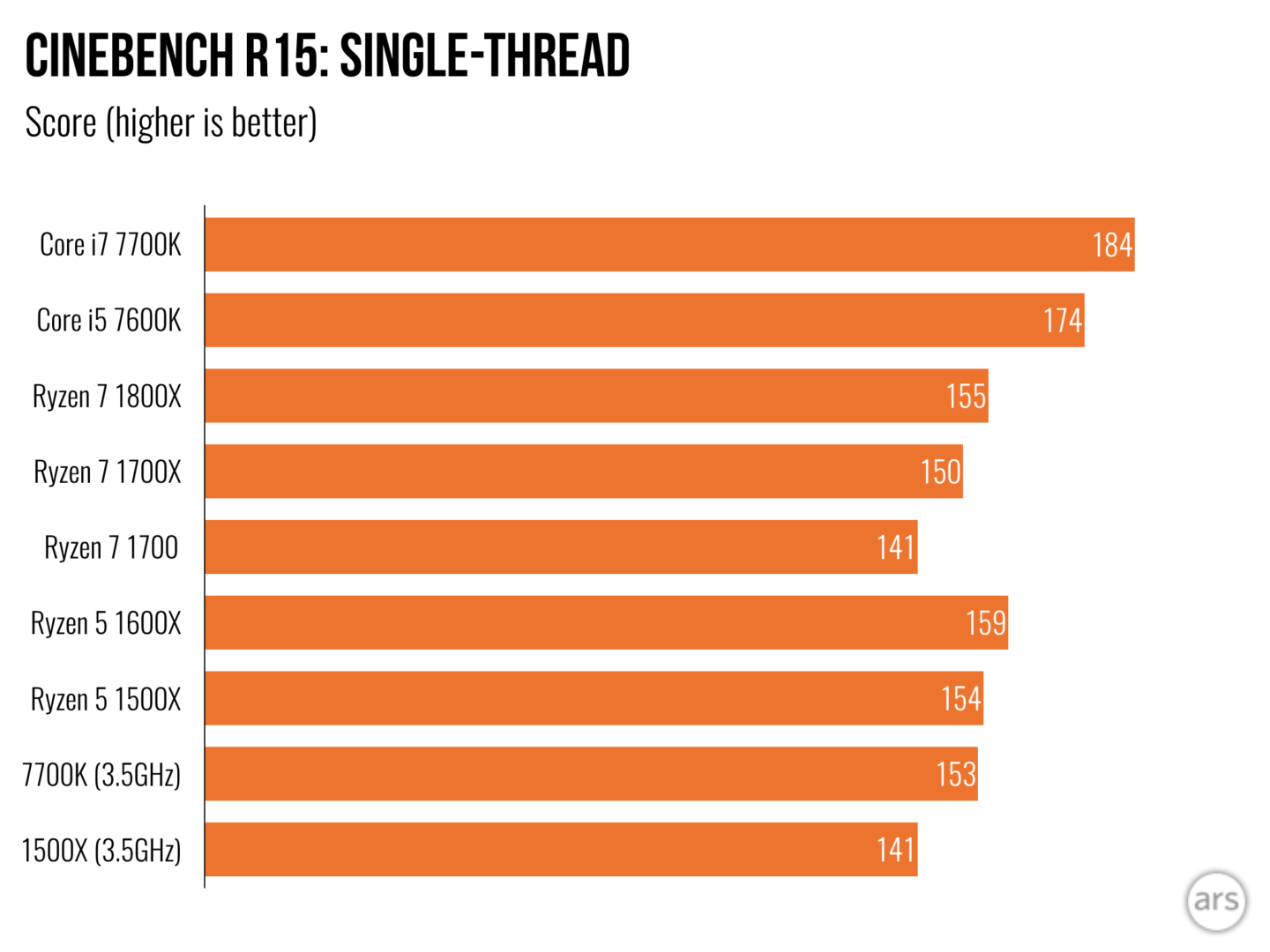Some owners of Intel's Core i7-7700 and 7700K processors have been complaining for the past three months of unusual temperature increases. According to user accounts, temps sometimes spike up to 90C, close to the Core i7-7700's maximum 100C threshold, The Register reports. Intel finally offered up a response to the complaints, though the answer is not sitting well with affected users.
In an ongoing thread on Intel's community forums, a spokesman for Intel offered up the following response:
"We appreciate the feedback you have provided, and your patience as we investigated this behavior. The reported behavior of the 7th Generation Intel Core i7-7700K Processor, showing momentary temperature changes from the idle temperature, is normal while completing a task (like opening a browser or an application or a program).
In our internal investigation, we did not observe temperature variation outside of the expected behavior and recommended specifications. For processor specifications, please refer to the Intel Core i7-7700K Processor Product Specifications.
Most motherboard manufacturers offer customizable fan speed control settings that may allow for smoother transition of fan revolutions per minute (rpm). Please consult your motherboard manufacturer’s manual or website for instructions on how to change default fan speed control settings.
We do not recommend running outside the processor specifications, such as by exceeding processor frequency or voltage specifications, or removing of the integrated heat spreader (sometimes called 'de-lidding'). These actions will void the processor warranty."
The TL;DR version is that everything checks out on Intel's end and users should not overclocked their Core i7-7700K processors, which have unlocked multipliers specifically for overclocking.
As you might imagine, Intel's response did not sit well with users. The first response to Intel's post is from a ticked off customer who has sworn off Intel products.
"Three months waiting for Intel to come out with a solution, and now this?! This is all you can say?! We know already what you've just said... You know what, never mind, this would be my last product from Intel," the user wrote.
Another user called Intel's response "BS," noting that "some 7700K [processors] run even hotter than an AMD Bulldozer overclocked at 5GHz."
"I don't even have the major issue like everyone else is having. However, after Intel's response just now, they are not getting another penny out of me. I'm going to sell my Intel stuff and go to Ryzen," yet another user wrote.
To Intel's credit, some users experiencing the issue have admitted to de-lidding their processors. One reason this is done so that cooling solutions can be applied directly to the CPU die, but it's a risky procedure that can result in a dead chip. Removing the IHS can also render certain coolers incompatible, as they were designed with the height of the IHS in mind. Another motivating factor is to replace the stock thermal compound that Intel uses between the die and IHS.
Intel has also never stated that it would warranty processors that have been overclocked or over-volted (though it does offer an overclocking warranty as a separate purchase). However, that isn't the part that has users all riled up. They're ticked because Intel basically shrugged off the temperature spikes as being normal, and telling them to run their unlocked CPUs at stock settings rubs salt in the wound.


 10nm Cannonlake chips start shipping in second half of this year. And 10nm+ Icelake is coming in 2018.
10nm Cannonlake chips start shipping in second half of this year. And 10nm+ Icelake is coming in 2018.







